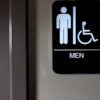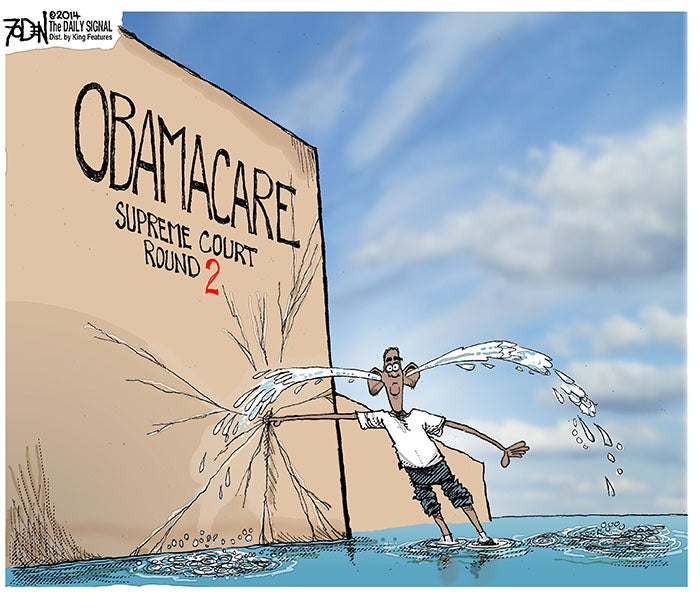From Nina Owcharenko’s column:
The Supreme Court’s decision to hear the King v. Burwell case exposes another potential weakness in the health care law. In the King case, the Supreme Court will consider whether the Internal Review Service has the authority to expand the application of healthcare subsidies to federal exchanges.
The subsidies are a key tool used under the law to drive individuals onto the government exchanges. Without the subsidies, fewer individuals likely would chose to purchase the government-mandated plans.
But only 14 states and the District of Columbia established state-based exchanges and even some of those (Oregon and Nevada) are backing out for 2015. In the remainder of states with exchanges, the federal government, not the state governments, established the exchanges.
As my colleague Andrew Kloster summarized in another post on a related case, “The tax subsidies for low-income Americans are only available, “through an Exchange established by [a] State under section 1311.” Federal exchanges are set up under Section 1321 of Obamacare – not Section 1311. But the administration still wants to provide subsidies, even though the law doesn’t appear to authorize the handout.” And there lies the problem.
So should the Supreme Court decide that the subsidies are not valid in the federal exchange, it will mark yet another major blow to Obamacare, because the subsidies in those states where the exchanges were established by the federal government no longer will be available.































